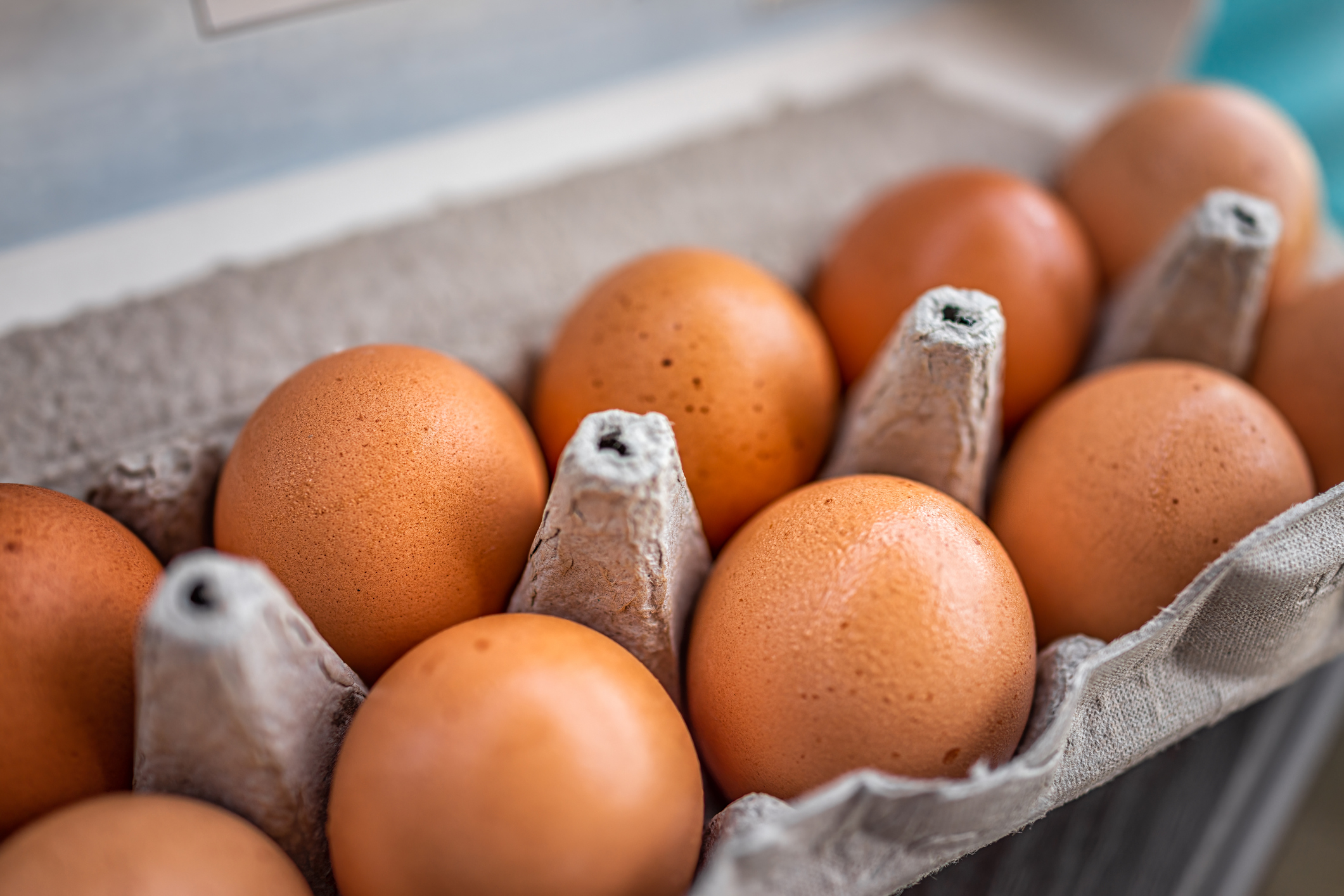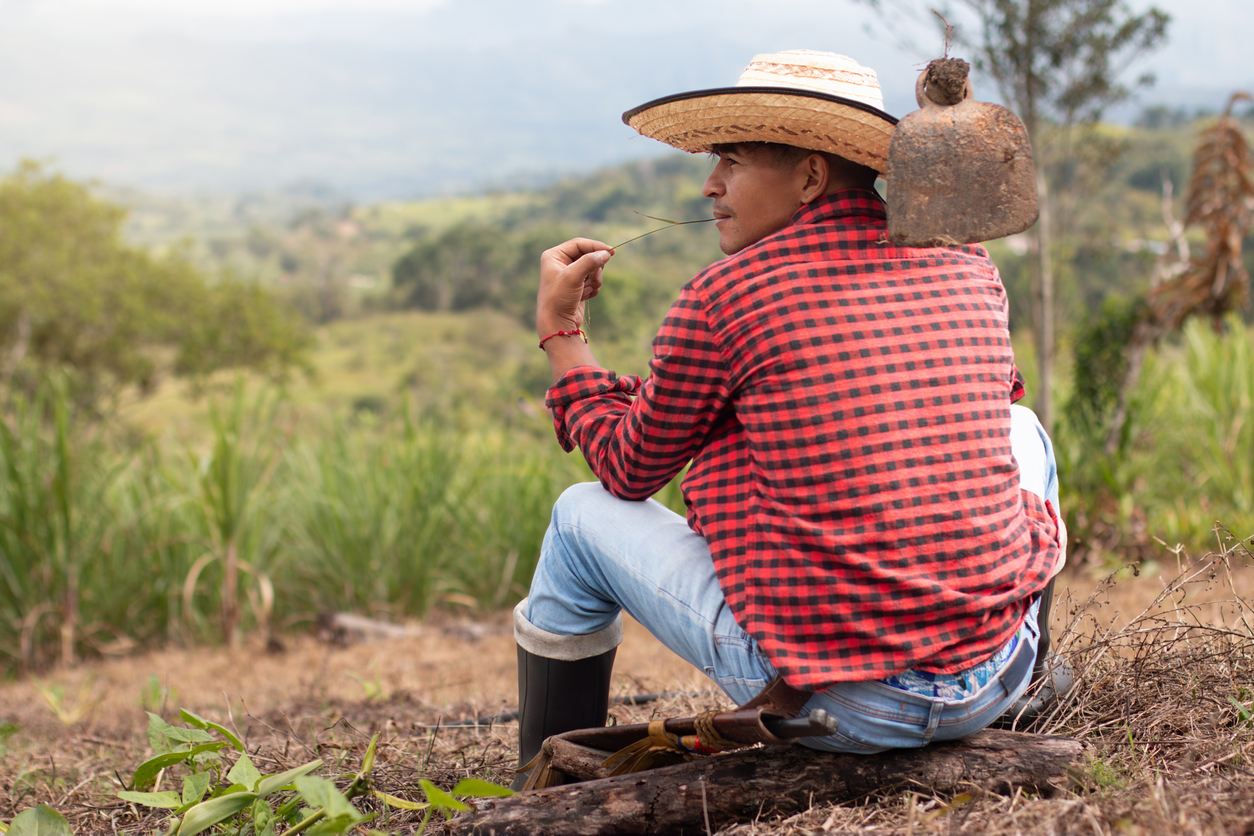Prop 12 made headlines when it was implemented nationwide in 2022. The animal housing law was anticipated to have significant effects on the cost of pork. The initial passage of Prop 12, and its potential implementation across the United States, sparked a legal battle ultimately decided by the Supreme Court of the United States.
Championed by supporters as an animal welfare and human health ballot measure, Prop 12 changed animal housing not just in California but across the U.S. Under the law farmers raising pigs, veal calves and laying hens are required to meet strict pen size rules if the meat and eggs from their animals are going to be sold in California. The National Pork Producers Council, and their supporters, lost their case in the Supreme Court.
However, there is a new challenge to the validity of Prop 12.
The U.S. Department of Justice has filed a lawsuit against the State of California, California Gov. Gavin Newsom, California Sec. of the Department of Food & Agriculture Karen Ross, Director of the California Department of Public Health Erica Pan, and California Attorney General Rob Bonta for declaratory and injunctive relief from Prop 12, alleging the law violates the Egg Products Inspection Act of 1970, which falls under the Supremacy Clause of the U.S. Constitution.
Washington state produces about 2 billion eggs a year, earning about $460 million annually for our local growers. In 2019, initiative language was signed into law by former Gov. Jay Inslee, requiring all eggs in our state to be produced by cage-free chickens. The initiative number seems to be up for debate; with some sources citing number 1142 and others citing 1130. The language, in both instances, notes “cruel confinement of egg-laying hens” is prohibited and is defined as confinement that “does not allow hens to turn around freely, lie down, stand up, or fully extend their wings.” The mandates of the initiative included an implementation deadline of 2024.
Full implementation of Prop 12 in 2022 required the retrofitting of hog-raising facilities across the country. It also required veal and egg producers to change their penning practices as well. This required penning change, specifically the adoption of “cage free” housing for laying hens is the crux of the argument in the filing from the DOJ.
The DOJ suit cites the Egg Products Inspection Act (EPIA) and its application through the lens of the Supremacy Clause of the U.S. Constitution as the driving force behind its argument. The suit notes the inflated cost of eggs during the last two years is due, in part, to a violation of the U.S. government’s supremacy over egg production law via the EPIA which outlines everything from the definition of egg uniformity to commercial versus personal egg production. The DOJ alleges Prop 12 violates the auspices of the EPIA by prohibiting the sale of eggs in California, undermining the supremacy of the federal government in the regulation of egg production in the U.S. A similar claim is made regarding egg carton labeling requirements.
In the current court case, the DOJ is asking the court to decide whether Prop 12 is a law that supersedes federal law by being “in addition to” or “different from” federal egg standards. The approach is different from the one used in the NPPC case, but the potential outcome would be the same: the confinement of Prop 12 to within the boundaries of the state of California should the DOJ prevail.






